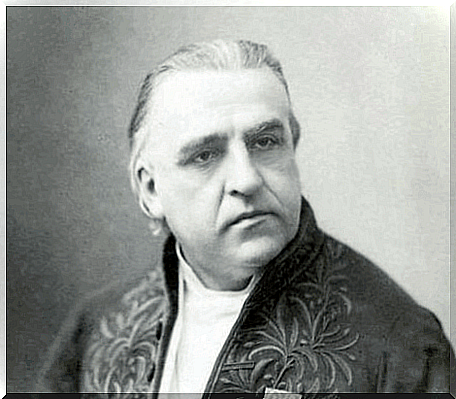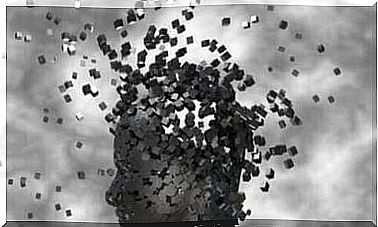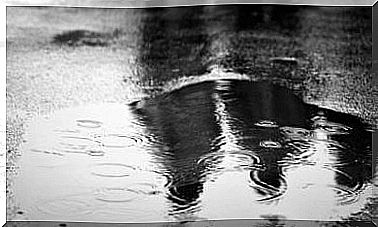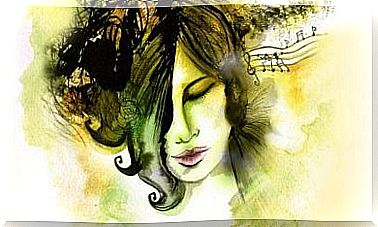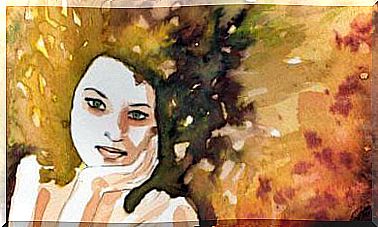John Hughlings Jackson, Pioneer Of Neurology
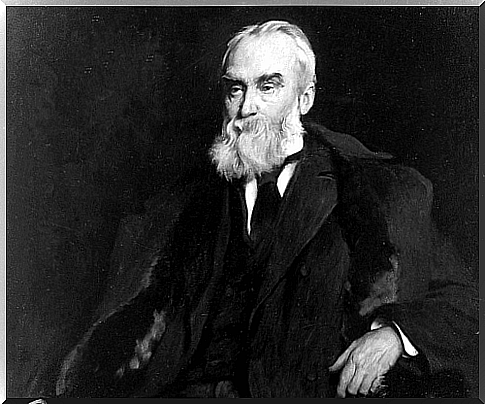
John Hughlings Jackson is considered one of the fathers of neurology, although his contributions have mainly been applied to psychiatry.
Most of his life was spent in the 19th century, a time when there were few ways to study the brain. This is why it is surprising that he came to such good conclusions.
John Hughlings Jackson is mostly remembered because his work has helped us understand epilepsy. In fact, his research on temporal psychomotor seizures is still used. No subsequent research has per se been carried out.
What is most striking about this great pioneer is his capacity for observation and analysis. He kept very detailed records of clinical cases. From these, he drew surprisingly correct conclusions. In fact, he was a member of the Royal Society , which is the UK’s most prestigious learned society.
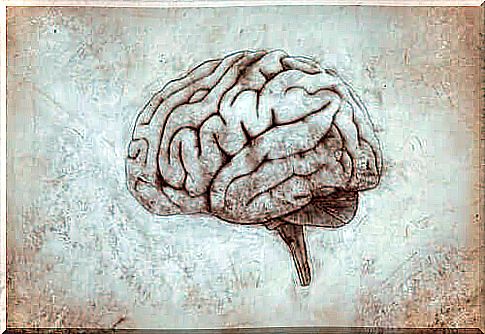
The origins of John Hughlings Jackson
John Hughlings Jackson was born April 4, 1835 in York, England. He is the youngest of three brothers and a sister. His father was a successful farmer who also produced beer. His mother came from a wealthy family of tax collectors.
Jackson was born at a time of great change. The sciences were in full swing. However, many of them had not yet consolidated as formal disciplines. Medicine, for example, was seen as a field that derived from something between the barber and the profession of apothecary.
John Hughlings Jackson finished his education at age 15, having gone through several provincial schools. He thus enrolled as an apprentice to a doctor named William Charles Anderson. He then went to York School of Medicine. Finally, he took courses at St Bartholomew’s Hospital in London.
A great doctor
John Hughlings Jackson has set up as resident physician at York Dispensary. He moved to London in 1859. That same year he published his first neurology article on facial paralysis. He also became a medical journalist, along with his great friend, Jonathan Hutchinson.
In 1860 Jackson presented a thesis to St Andrews University for his MD. This degree propelled his career. He became in 1863 the assistant physician of the London hospital, where he was entrusted with the direction of the program of neurological diagnosis.
From then on, he began to publish his works regularly, thanks to which he demonstrated the solidity of his theses. His methodology for the analysis of clinical signs and his work on Broca’s aphasia have contributed to his reputation.
Great contributions to medicine
John Hughlings Jackson hypothesized that the nervous system is divided into three levels. The lower level included the most basic movements and depended on the spinal cord. The middle level corresponded to what he called the motor area and depended on the cerebral cortex. Finally, the upper level contained the most complex functions and was associated with the prefrontal area.
His research has also helped to understand epilepsy like never before. He carried out a good analysis of symptoms, typologies and varieties. He has also managed to associate some manifestations of this disease with mental and behavioral disorders. It was a real innovation.
Jackson also founded a prestigious journal, Brain . In fact, this initiative was born in 1878 and is still relevant today. It publishes work in the fields of clinical neurology and experimental neurology.
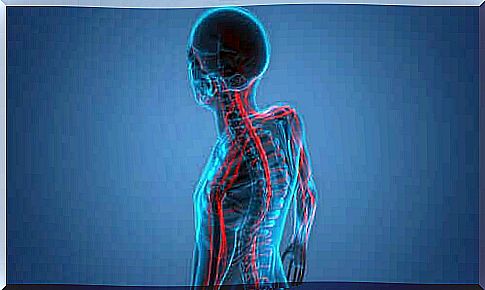
A substantial legacy
John Huglings Jackson received great tributes throughout his life. He has served as chairman of the UK Ophthalmological Society, the London Medical Society and the London Clinical Society. He was also made a fellow of the Royal Society in 1878.
Then he was the first president of the Neurological Society of London. He received honorary distinctions in several universities of the time. His influence on the study of the brain and nervous system has been immense.
Thus, great figures like Charcot, Sigmund Freud, Henri Ey and the psychiatrists William Osler and Joseph Lister were based on his work. John Hughlings Jackson died at age 71 on October 7, 1911. During the last years of his life he suffered from deafness, but he remained active until the end.
